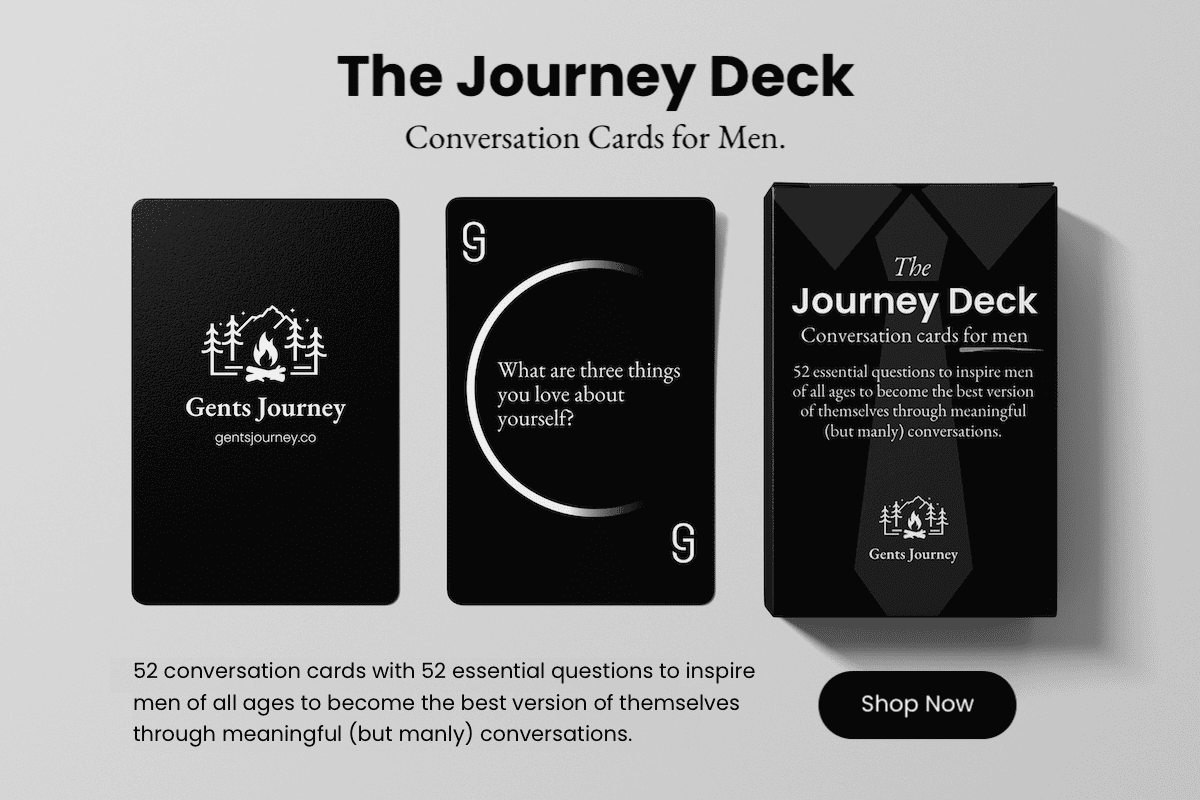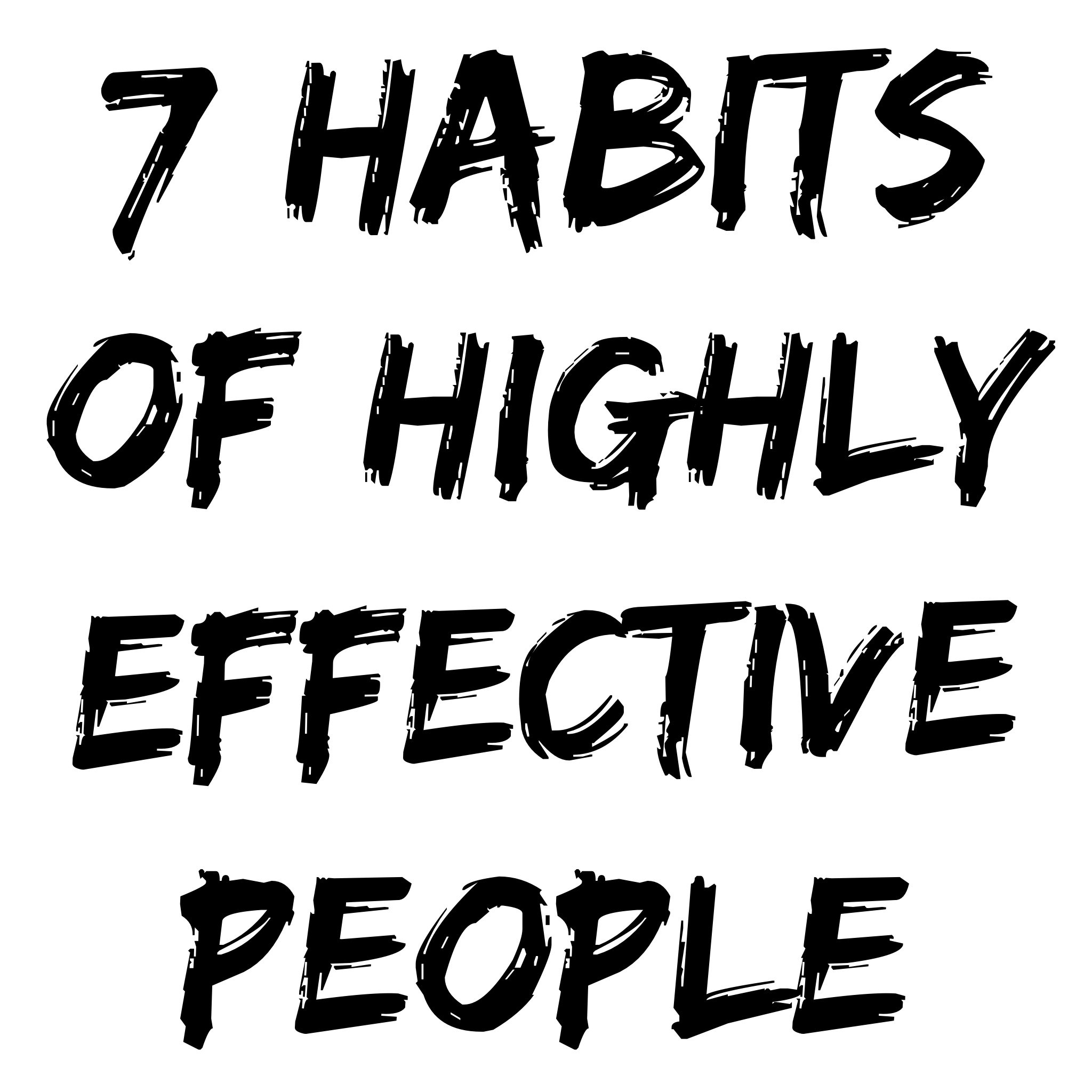✨ New Series: How to Become an Early Riser
- Discover key methods to make early rising a habit
- How to wake up early + energized every morning
- Morning routines for health + success
How to Let Yourself Open Up to a Mental Health Professional
Collaborative Post
Are you trying to help yourself feel relieved from anxiety? How about trying to conquer your depression? Past trauma? It’s always best to take the plunge and seek help from a mental health professional.
Honestly, that's a huge step! But here’s the thing: even though you’ve made that brave decision, it might still be tough to actually open up and be vulnerable during those sessions. For some people, it can be hard opening up to strangers, maybe even loved ones. You're not alone in the slightest.
Actually, there are many people who find it difficult to let their guard down, even in the safe space of Manhattan Mental Health Counseling and their comforting offices. Now, it’s not particularly the space itself; it’s the fact that you’re going to have to open up and allow yourself to be vulnerable. By all means, it can be so uncomfortable.
But believe it or not, it can be fairly liberating, too. So, with that all said, here’s how you can start opening up and truly benefit from the help you’re seeking.
Acknowledge Your Fears
So, for starters, it’s best to talk about the elephant in the room: fear. Now, it's completely normal to feel scared about opening up. You might worry about being judged, misunderstood, or dismissed.
Maybe you're afraid of uncovering painful memories or emotions that you've kept buried. It’s all extremely uncomfortable, who knows, maybe scary, too. But you need to acknowledge these fears. Say them out loud to yourself or write them down. Overall, just recognizing what’s holding you back is the first step toward overcoming it.
Understand the Role of Your Therapist
You have to remember, your therapist is not there to judge you. This might be the hardest pill to swallow because there’s always this fear of judgment, especially when it comes to vulnerability. Now, their job is to help you, and they’re trained to do so with compassion and understanding. They’ve likely heard it all, so whatever you’re going through won’t shock them.
Plus: a lot of people become mental health professionals because they themselves have dealt with trauma and want to help others. So, understanding that your therapist is a professional who wants to support you can ease some of the pressure you might feel about opening up.
Take Your Time
Opening up doesn’t have to happen all at once. It’s okay to take your time. Actually, it’s going to be best to start with what feels manageable. Share a small piece of your story or talk about something that’s been on your mind lately.
As you begin to build trust with your therapist, you’ll find it easier to share more. Remember, therapy is a process, not a sprint. You can’t get everything out on the table on day one, and you don’t have to either.
It’s Okay to Communicate Your Hesitations
In order for therapy to work, it’s going to have to start with being open, not hiding anything. Nothing can work if you don’t do this. So, you’ll need to be honest with your therapist about your difficulty in opening up. They can’t read your mind, but they can help if they know what you’re struggling with. You might say something like, “I’m finding it hard to talk about this,” or “I’m not sure how to start.” This honesty can be a powerful way to begin breaking down the barriers you’ve built.
—End of collaborative post—
Free self-development courses
👇
Tap on any of the courses below to start learning how to:
- boost your productivity (withGTD),
- get focused (with Deep Work),
- design a successful + fulfilling life (with The 7 Habits course),
- or learn the art of influencing others (with the How to Win Friends & Influence People course.)
All for free.
👇
Free life guides
👇
Best-selling Self-development courses by Dean Bokhari
Kill procrastination.
|
Get stuff done.
|
Get motivated.
|
Connect with anyone.
|
freshly pressed:
Top Audiobooks narrated by Dean Bokhari on audible
Book summaries
- The Power of Habit by Charles Duhigg
- 12 Rules for Life by Jordan B. Peterson
- Presence by Amy Cuddy
- Leaders Eat Last by Simon Sinek
- The ONE Thing by Gary Keller, Jay Pasan
- Deep Work by Cal Newport
Read or Listen to top Self-Help + Business Book Summaries in 20 Minutes or Less.
or







































